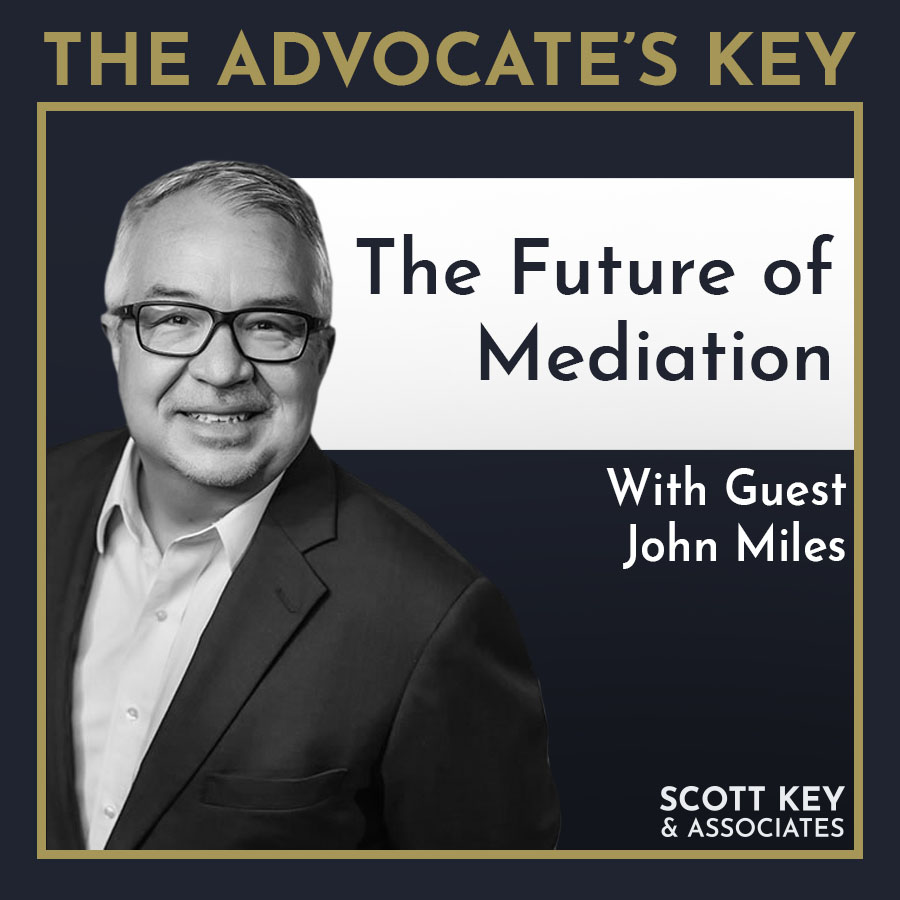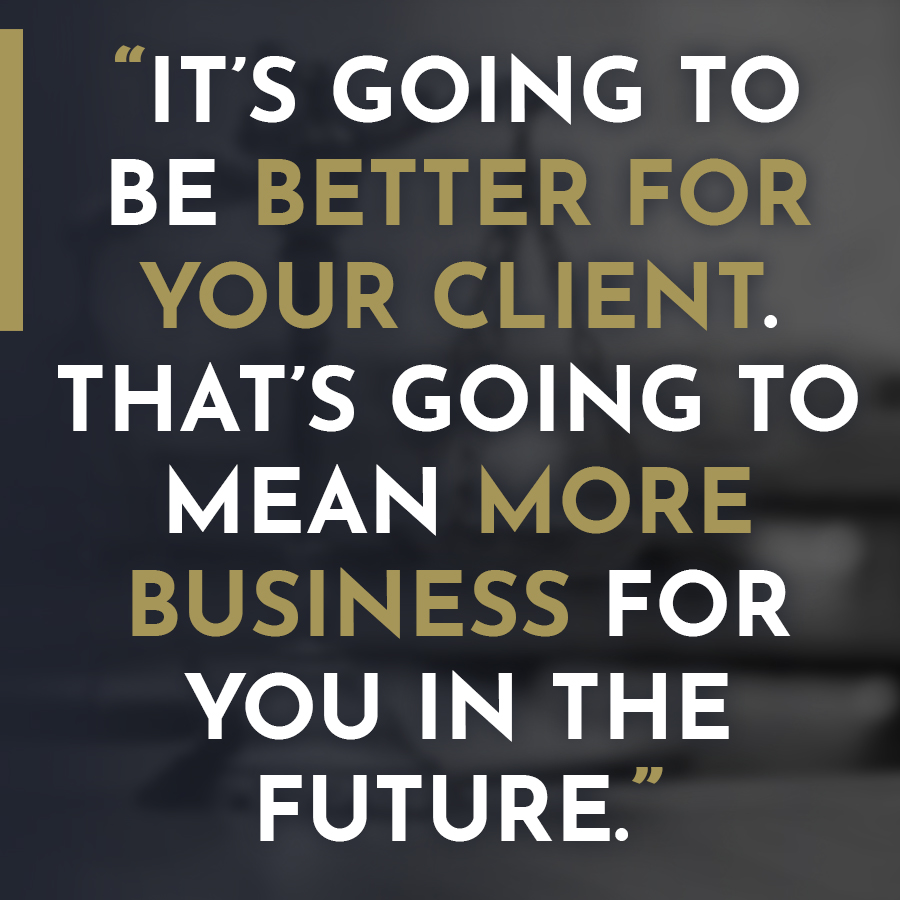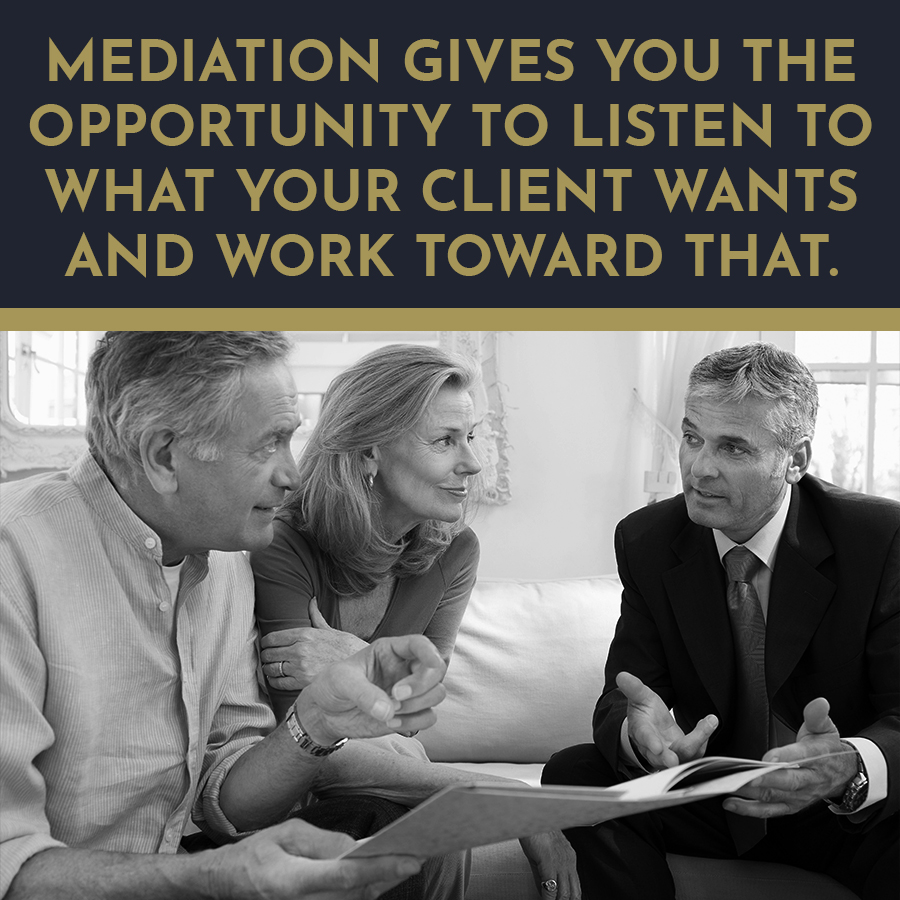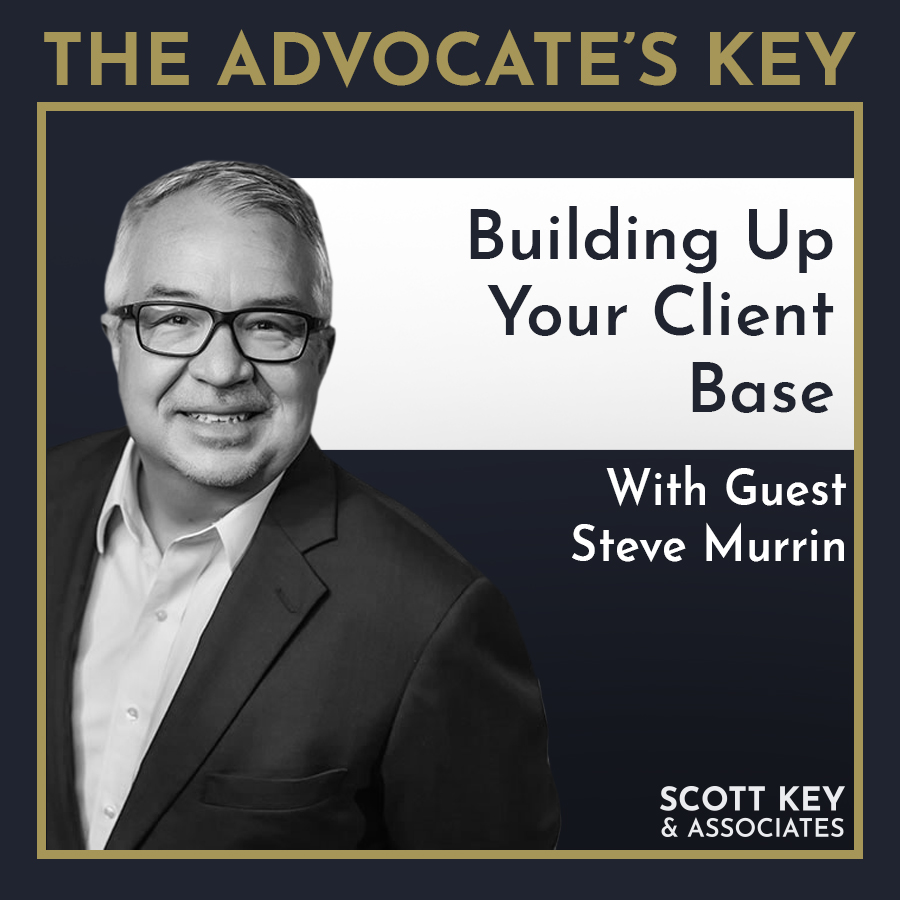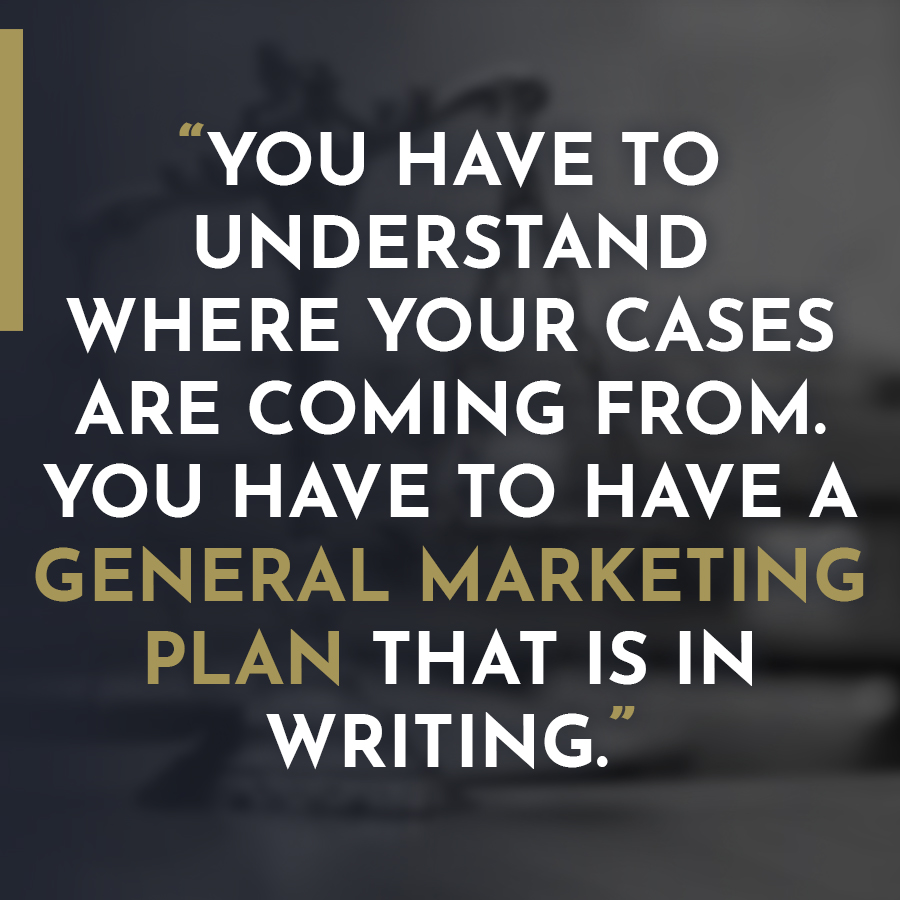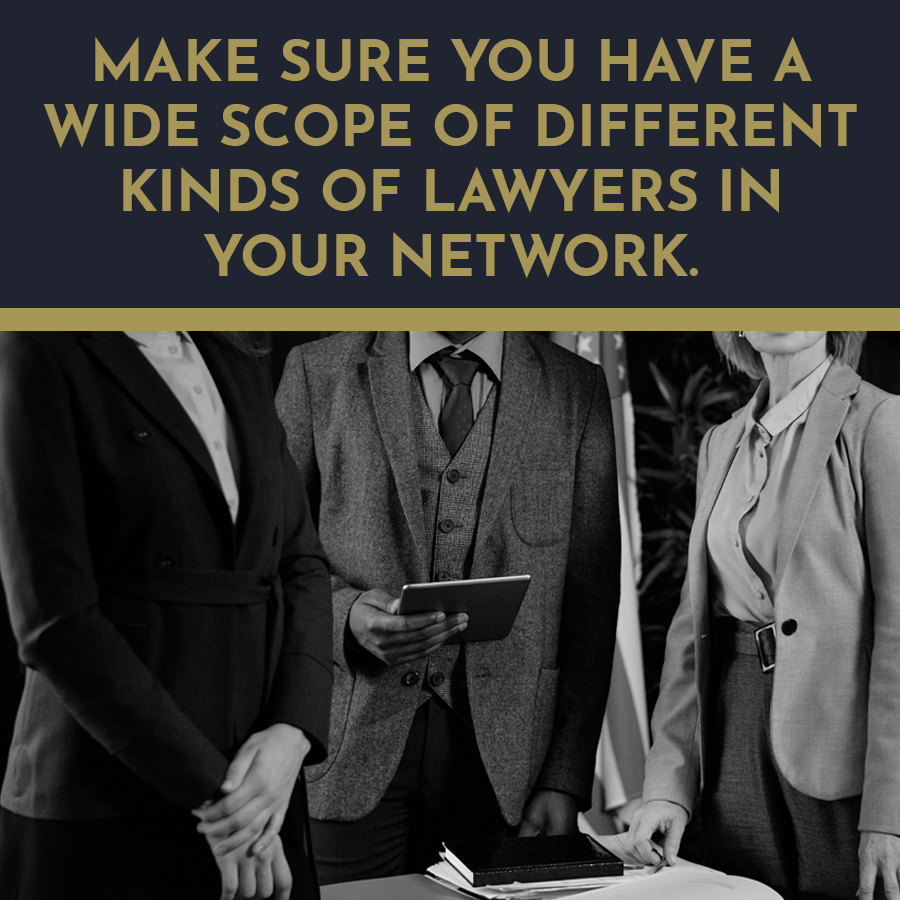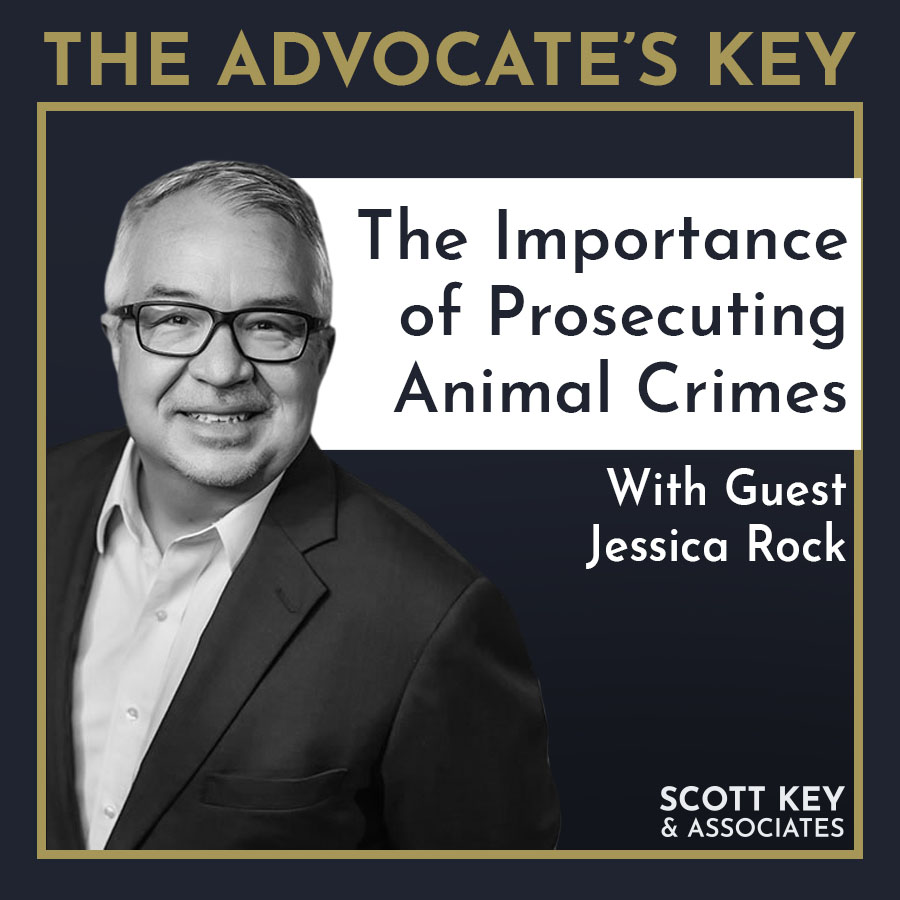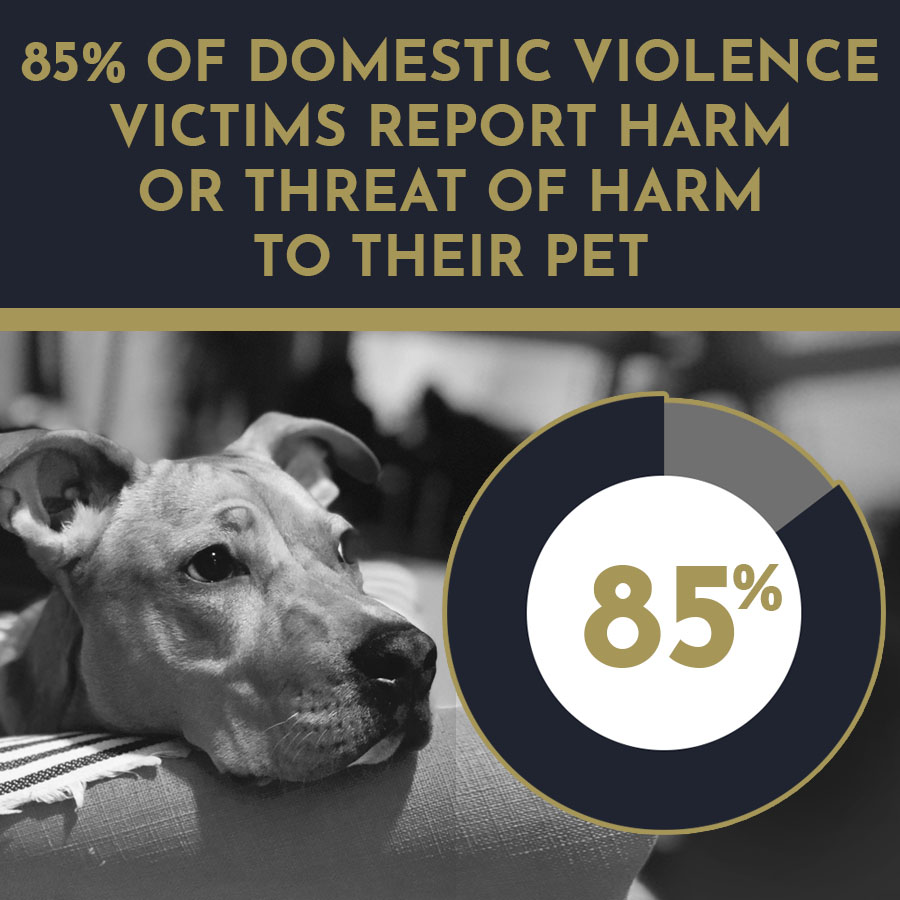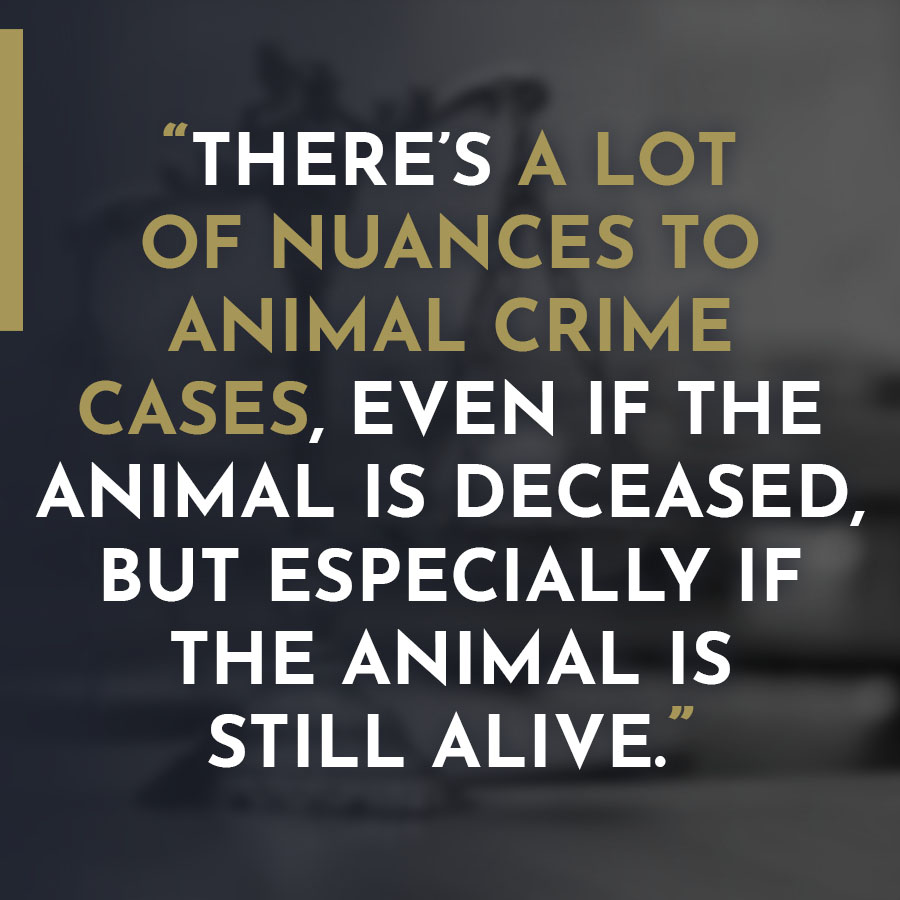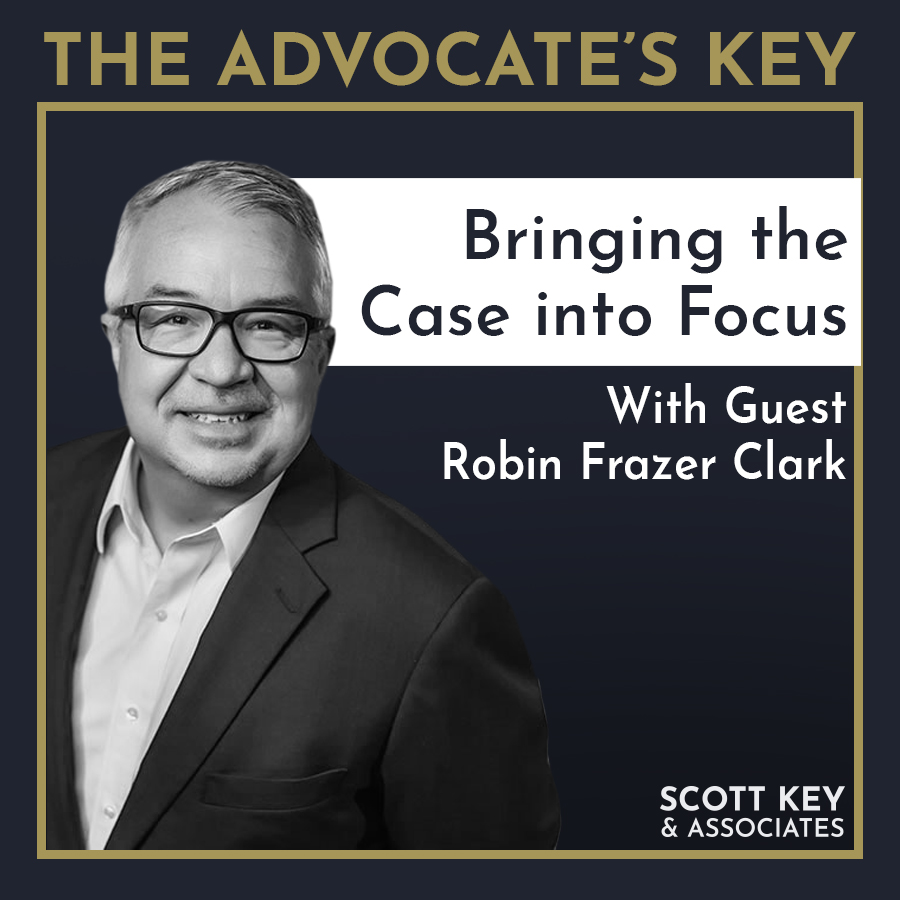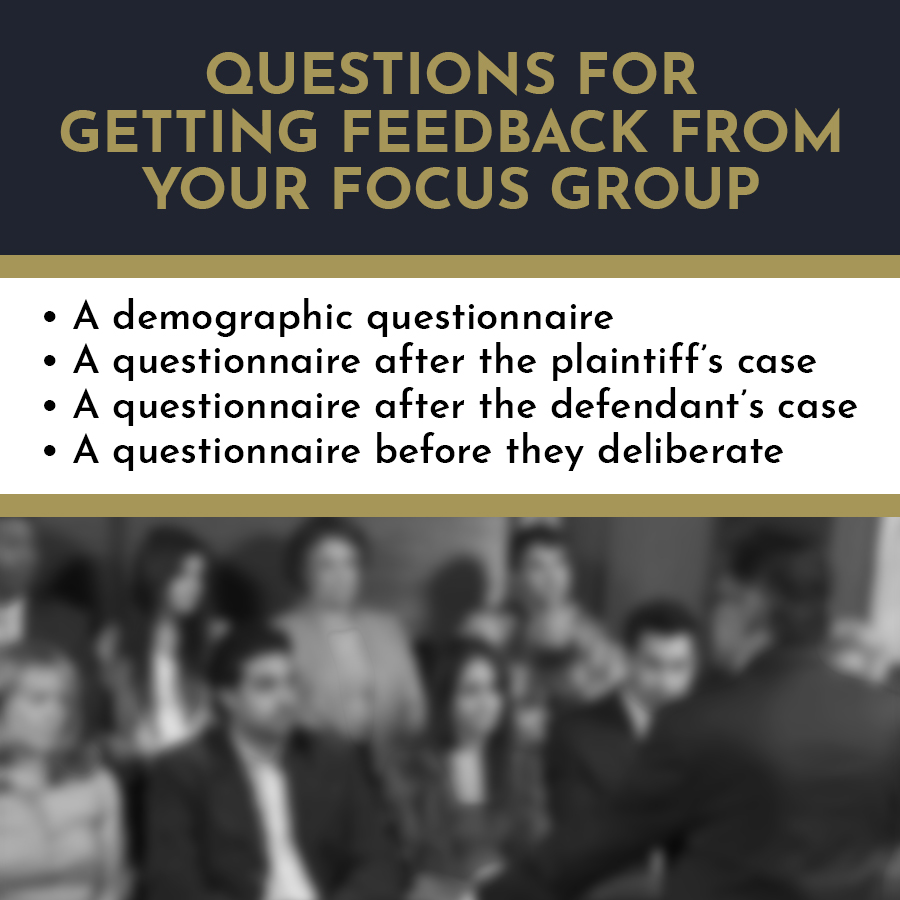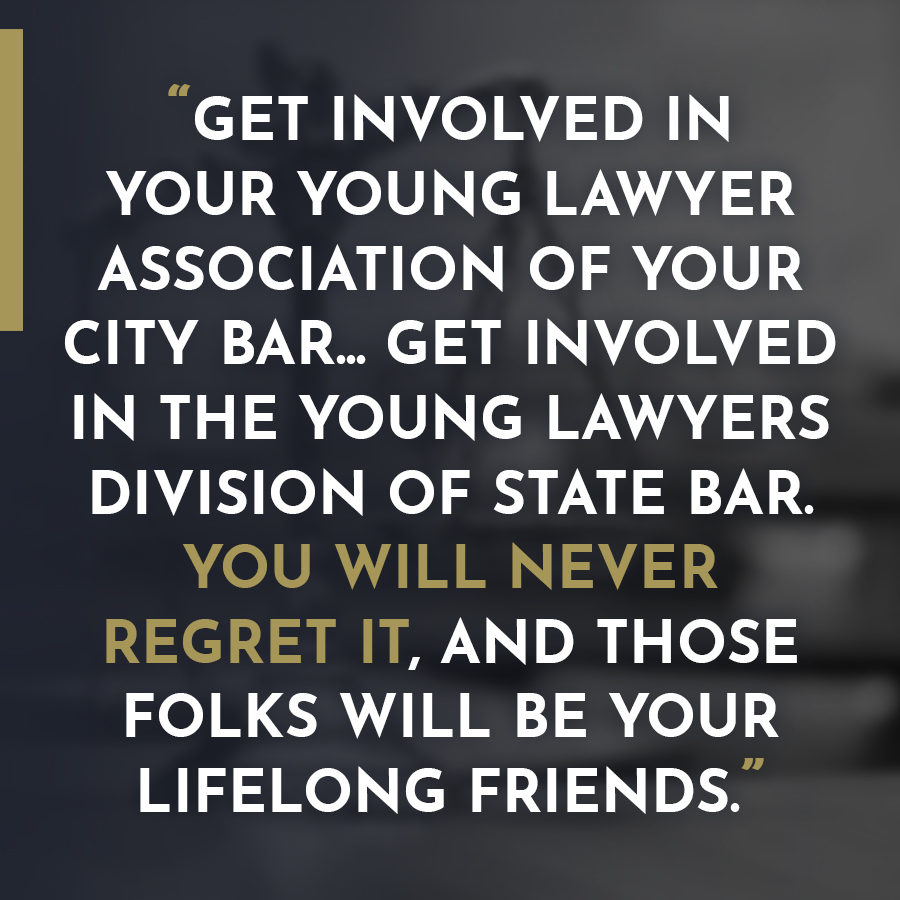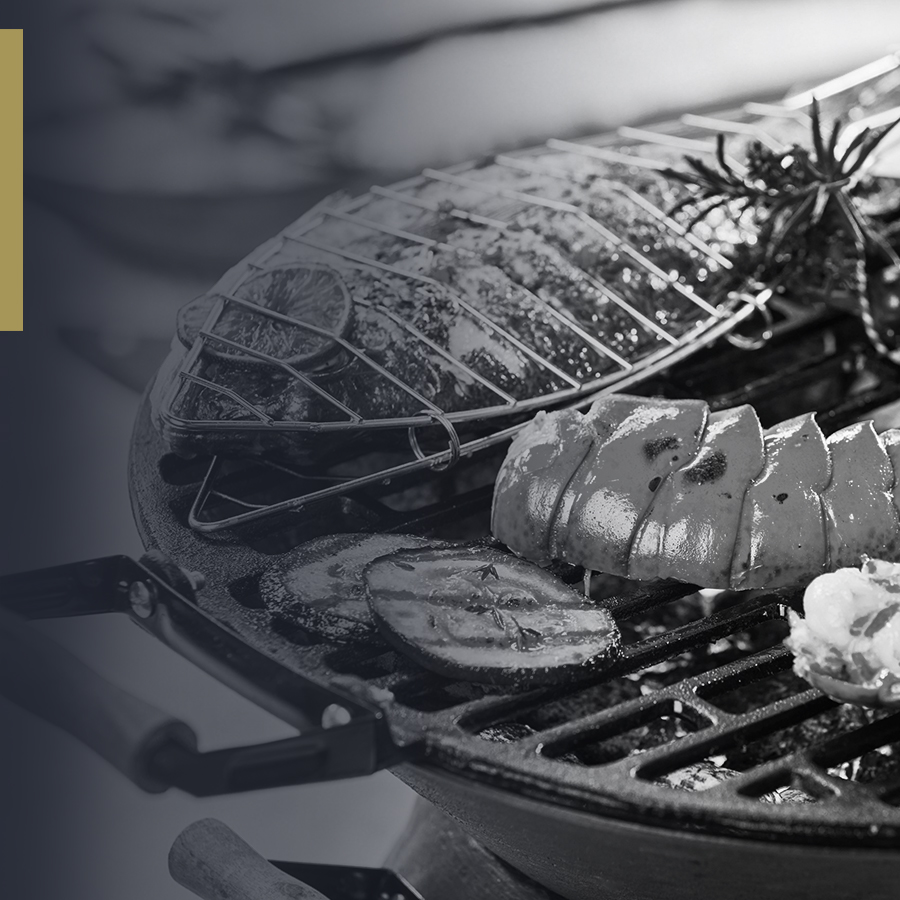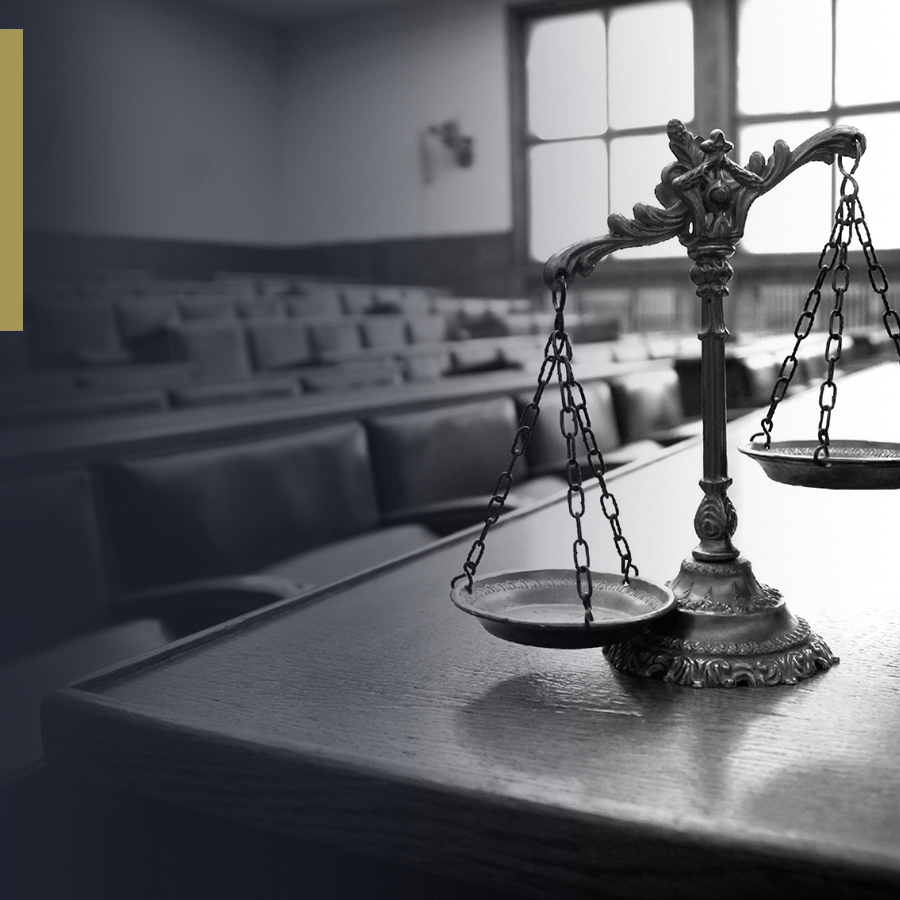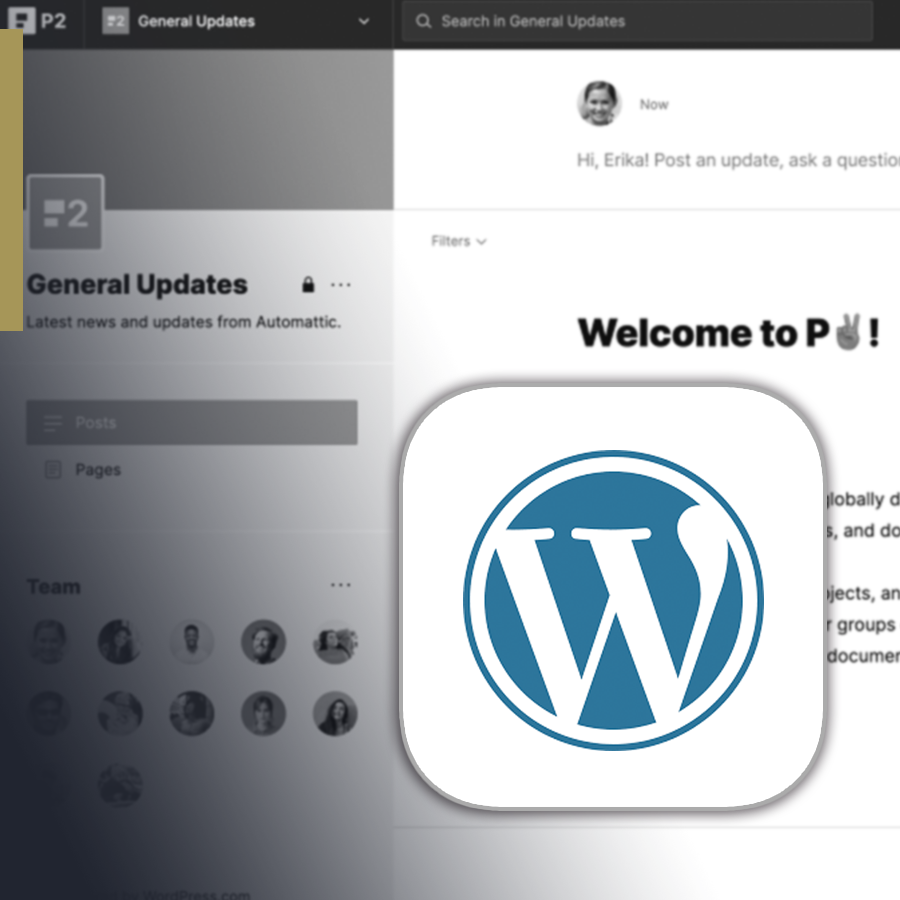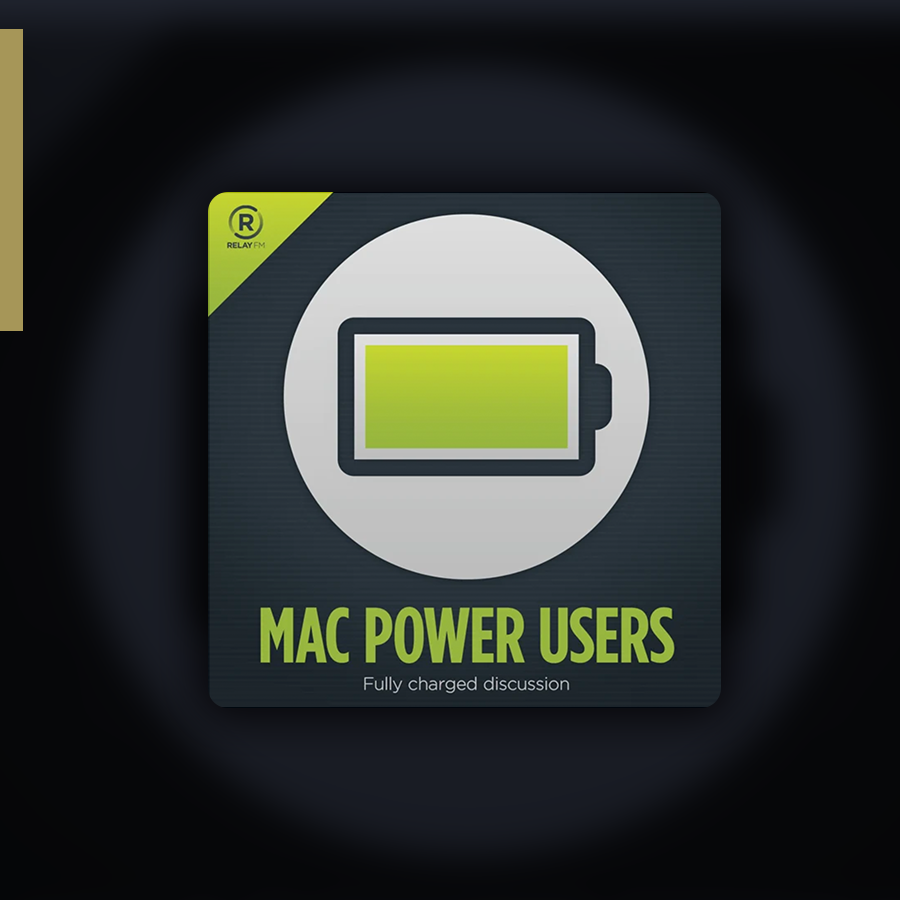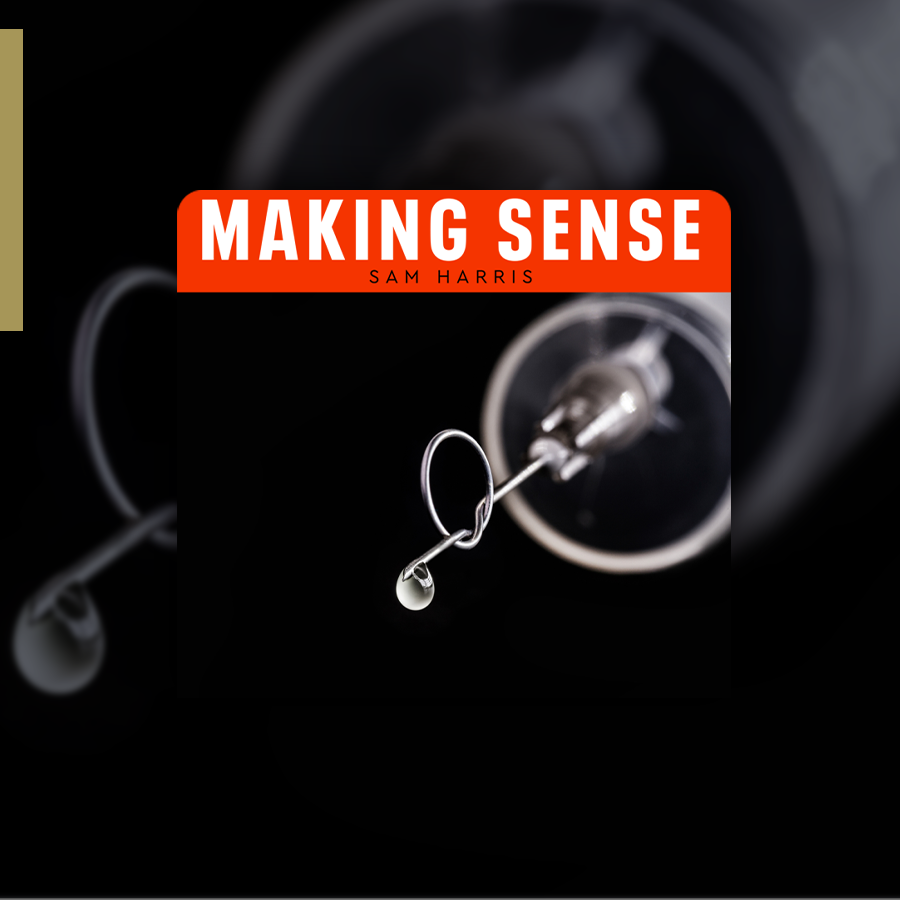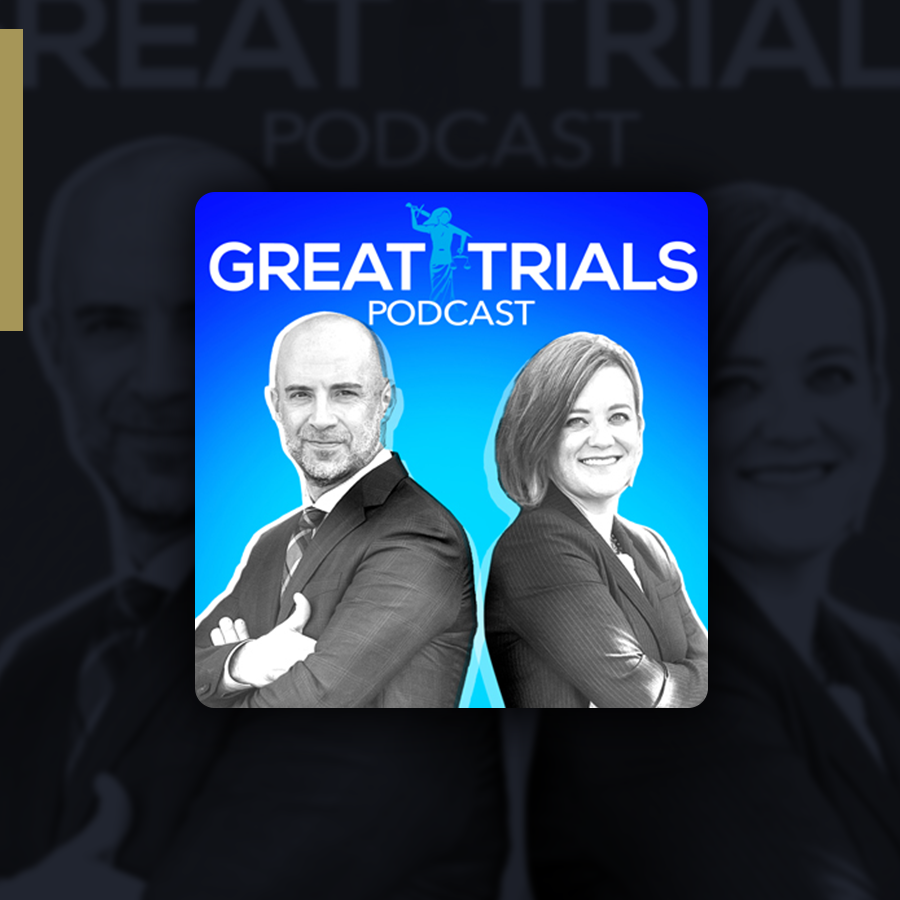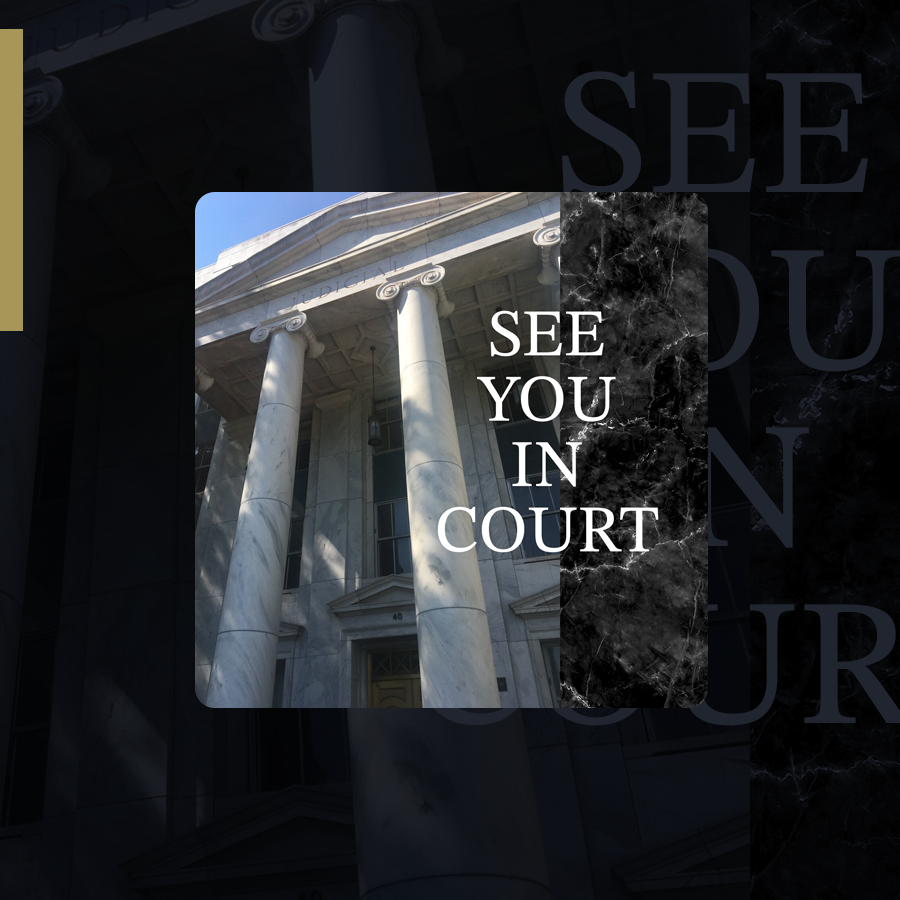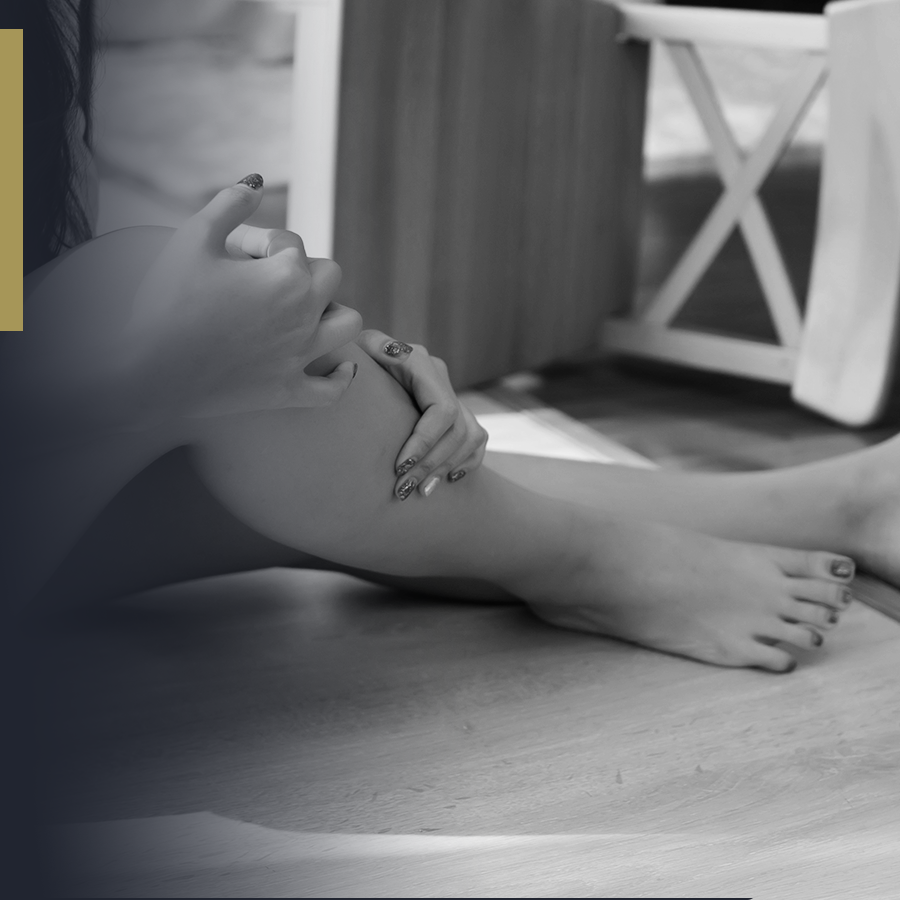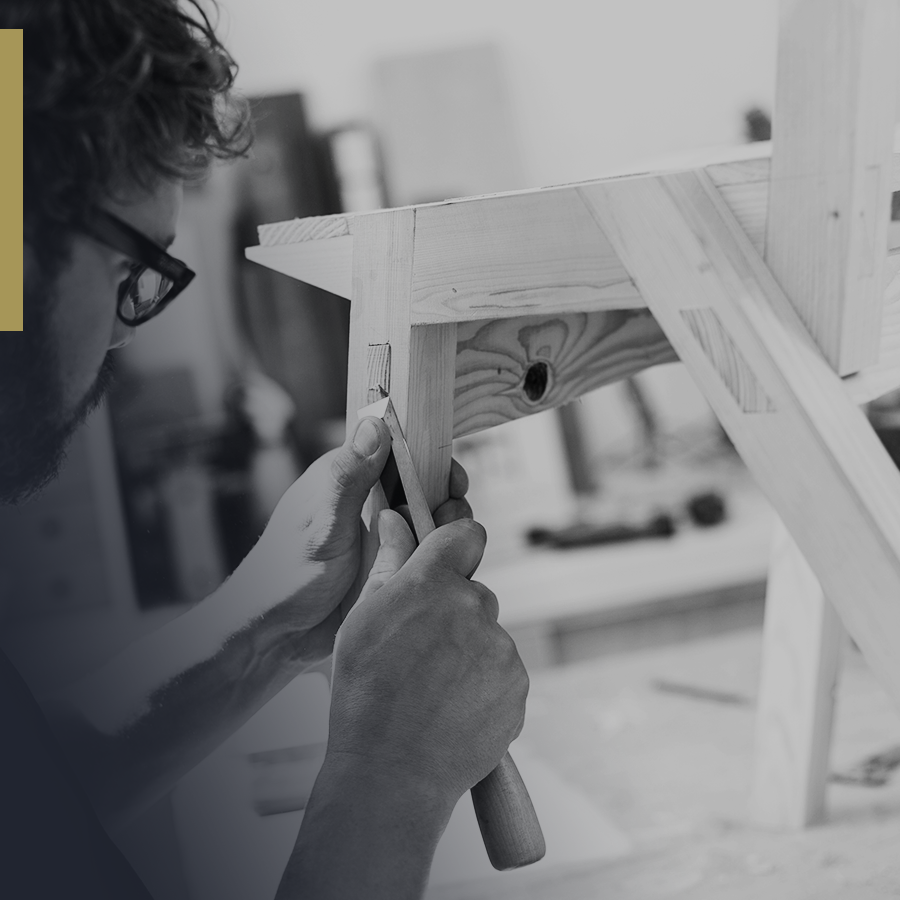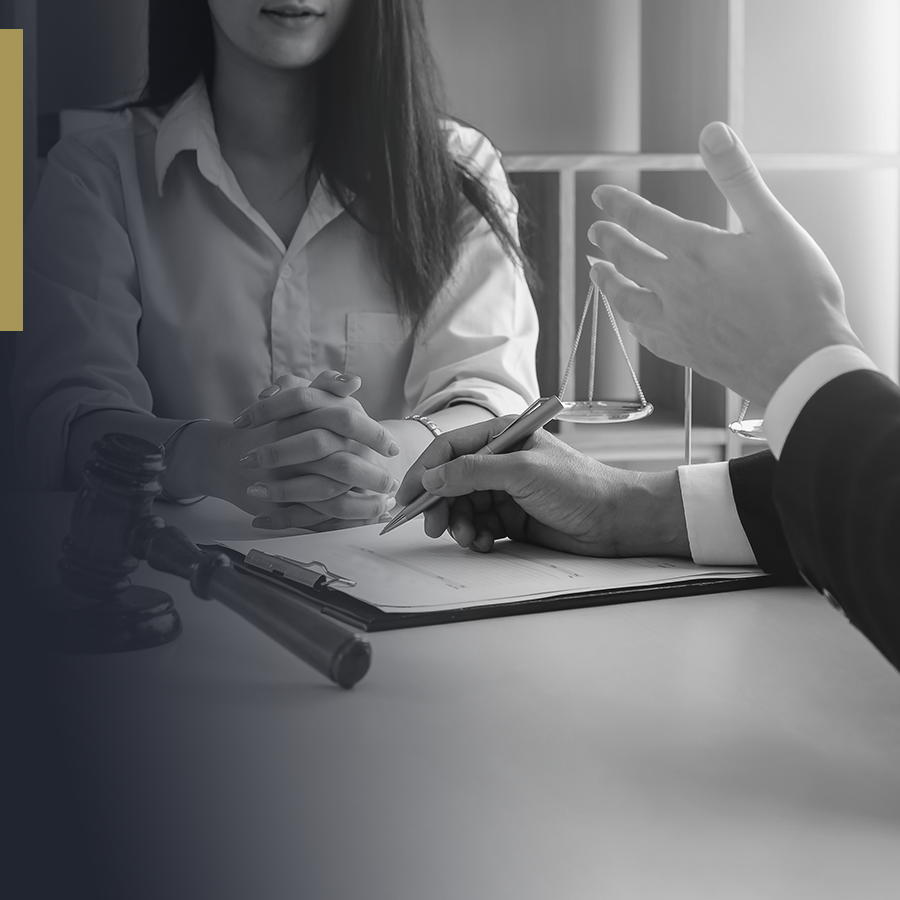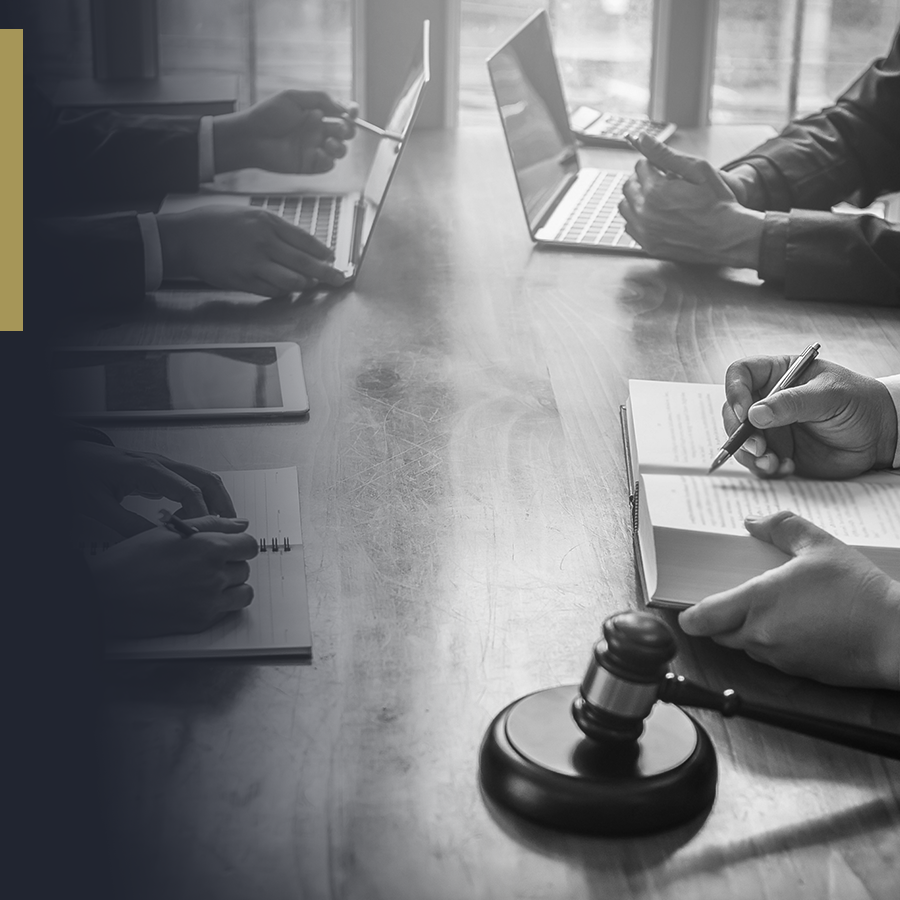In Henry County, property owners are required to keep their premises safe for visitors. While slips and falls are normally nothing to write home about, they can occasionally result in severe injury.
If you hurt yourself after slipping and falling on a hazard in a store, residence, or government building, the property owner could be responsible for your medical bills.
Any obstacle or hazard in a public space should be dealt with immediately. If a property owner or manager fails to keep their premises clear of obstacles, they could be found guilty of negligence.
Read on to see how McDonough residents are protected by law when visiting another’s property.
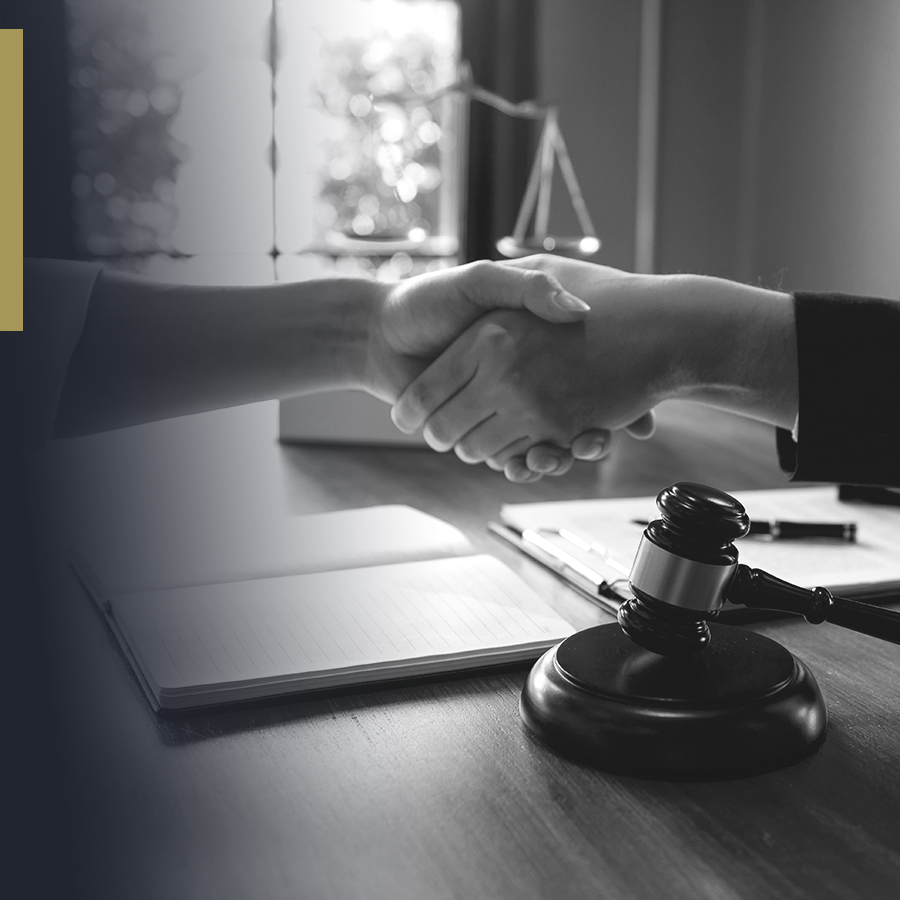
How to Contact a Lawyer to Handle Your Slip and Fall Claim
When you’re recovering from an injury, the last thing you should be doing is stressing over an insurance claim.
If you were hurt by another party’s negligence, call Scott Key & Associates right away. A local personal injury law firm can get you compensation without the stress of wrangling with insurers.
Many insurance providers are giant corporations with teams of in-house lawyers dedicated to swatting down cases – even valid ones. Without firm proof, you could lose out on the money that’s owed to you.
How Long Can I File a Slip and Fall Lawsuit?
Scott Key & Associates will ensure that you can compete against these well-funded defense teams and achieve justice.
If you or someone you love has been hurt, call an attorney without delay. In Georgia, the statute of limitations on personal injury cases varies. Depending on the circumstances of your accident, you may only have weeks to file your claim.
How Do You Prove a Slip and Fall Case?
Some accidents are exactly that: accidents.
There are certainly circumstances where no one is at fault for an injury. But many McDonough residents are unaware of premises liability laws, and do not realize that their “accident” was actually the result of negligence.
Negligence is what separates mere accidents from personal injury cases. If someone trips over their own feet and is hurt, there is no one to blame and no case can be made.
But if someone slips on a spill in a coffee shop and breaks their wrist, they may very well be able to sue the establishment for the cost of their medical bills. To win, they will have to prove that their slip was due to negligence.
To win a slip and fall case, your legal team will have to meet one of the following standards:
- The property owner, manager, landlord, or an employee should have recognized in the course of ordinary business that there was a hazard and removed it. You must prove that a reasonable person would have seen the danger and had ample time to fix the problem before someone was hurt, but they failed to do so.
- The property owner, manager, landlord, or an employee caused or created the obstacle which caused the injury, and that an accident was foreseeable because of this hazard.
As you can see, the property owner did not necessarily need to see the hazard in order to be held liable. If the problem was obvious and should have been noticed in the course of normal business, then they are liable if someone is injured.
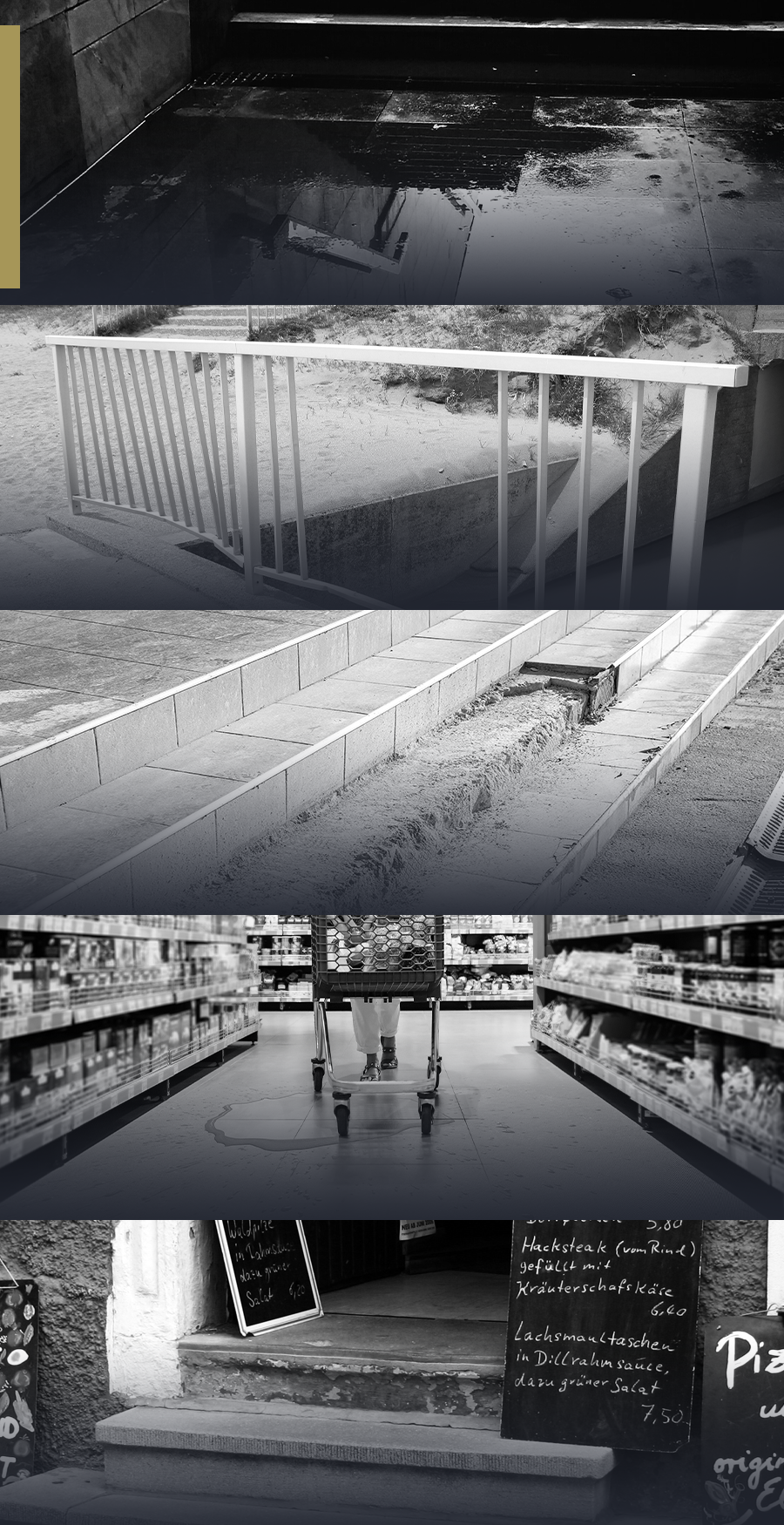
Reasons a Property Owner in Henry County Could Be Held Responsible
Here are some common scenarios where a McDonough property owner could be found guilty of negligence:
- Mopped floors are not marked with a “caution” sign
- Broken handrails on a set of stairs
- Uneven or broken stairs
- Liquid on the floor of a grocery store is not mopped-up
- An unmarked step down from a doorway
According to Georgia law, if such hazards cause a person to fall and hurt themselves, then the property owner is liable for their injuries and should cover the cost of any medical bills or other monetary losses stemming from the accident.
Of course, most owners are reluctant to admit liability, and will want to fight a claim brought against them – even though they are likely not personally responsible for the cost of reimbursing medical bills.
Can You Sue a McDonough Business for Negligence if You’ve Been Injured?
Business are usually covered by insurance policies, and it is the insurance companies who would end-up paying damages in a slip and fall case. Yet these corporations are no more likely to offer adequate compensation.
If you intend to bring a case against a McDonough business for a slip and fall case, it is imperative that you work with a lawyer. The liable party will try to discredit your version of events, and will likely claim that you caused the accident yourself.
An experienced personal injury lawyer in Henry County will know how to counter these allegations and keep the focus on the property owners’ negligence.
Slip and Fall Accidents on Commercial Property
When a slip and fall occurs in a commercial space – like a store, restaurant, concert hall or shopping mall – there are often multiple liable parties.
Your legal team will review the circumstances of your injury and decide who to pursue for damages. If you tripped over a cracked floor in a store at the mall, your attorneys may decide to bring suits against both the mall’s owner and the company which rents the property.
Slip and Fall Accidents on Government Property
While it is possible to hold local, state, and federal entities responsible for injuries on their premises, there are special requirements and immunity provisions that can make it more difficult to win these cases.
If you slipped and fell in a park, city building, or other government-owned property, you should speak with an attorney immediately. You will likely need to file your case quickly in order to meet the standards of Georgia’s ante litem laws.
Slip and Fall Accidents on Residential Property
Contrary to popular belief, you can sue negligent property owners or landlords in McDonough if you were hurt on private property, as well.
Many people believe that you can only bring a personal injury suit if you were hurt in a place of business, but that is not true. Any visitors to public and private property have a right to safety in Georgia.
If a renter or third party is injured by a hazard on a rental property, the landlord or superintendent may be liable. To win such a case, you will have to show that:
- The landlord was responsible for upkeep of the space where the injury occurred
- Repairing or removing the hazard would not have been unduly difficult or expensive
- The accident would not have occurred if the hazard had been repaired or removed
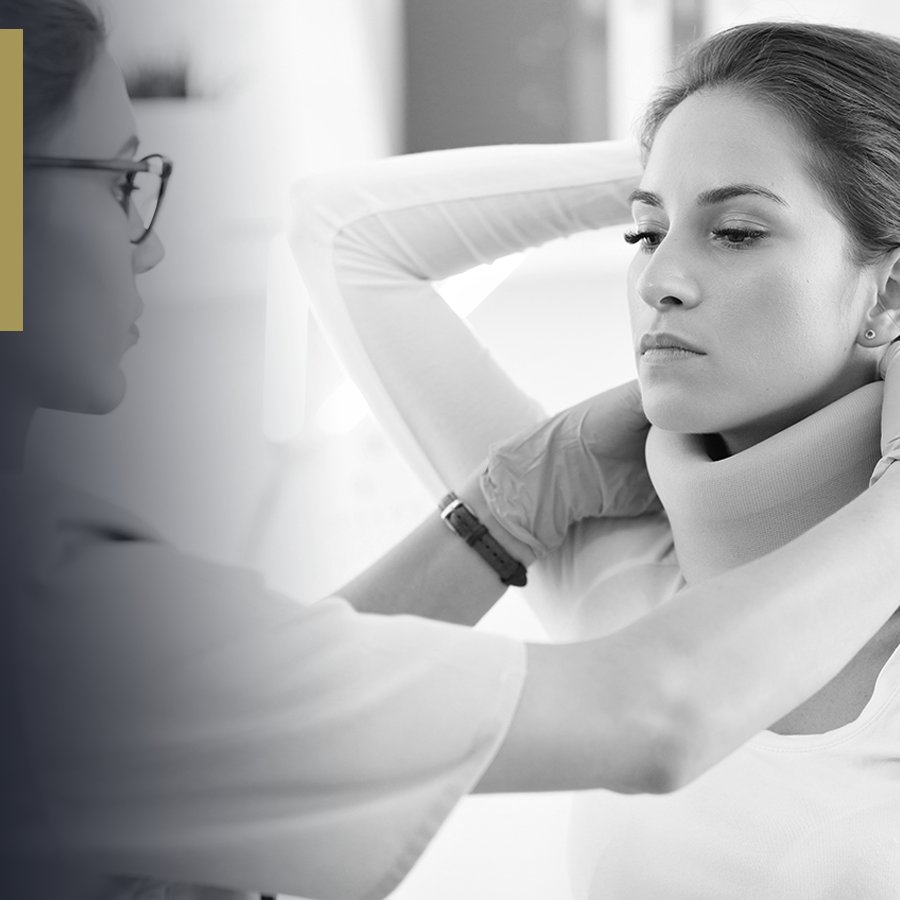
Getting Medical Attention Can Save Your Case
If you slipped or tripped on someone else’s property and suffered a fall, your first emotion may have been shame. Many people would be embarrassed by the attention of a public injury and may try to shrug it off.
But if you have been hurt, you should not try to grit your teeth and move forward without a medical evaluation. You don’t necessarily need to take an ambulance straight to the nearest hospital, but if you feel aches and pains the day after a fall, you should visit a doctor as soon as possible.
Some injuries can seem minor right after they occur, only to worsen over time. Imagine you trip on a broken sidewalk in Richard Craig Park; your shoulder is sore, but you do not seem to be severely injured, so you do not visit a doctor.
However, over the next two weeks, the pain gradually increases, to the point where you can barely move your arm. If you visit the doctor now, they may be able to treat your pain, but there will not be evidence to connect your injury to your fall.
It would be extremely difficult to prove in court that the government is responsible for your medical bills without the proper documentation. You could end-up spending thousands on copays and physical therapy for an injury that you did not cause.
If you slip and fall in McDonough on someone else’s property, see a doctor as soon as you can. Make sure to closely follow their recommendations, and do not skip any follow-up appointments.
Going against your doctors’ orders could be used as evidence that you are not as severely injured as you claim. It is essential to follow your physician’s advice in order to win your case.
What Types of Slip and Fall Compensation Can I Receive?
By now, you know that you are not responsible for your medical bills if you were hurt due to another party’s negligence. But you could also be entitled to further compensation:
When you win a lawsuit, the money awarded to you is called “damages.” There are three main categories of damages in Georgia:
Special (Economic) Damages
Your legal team will likely seek to recover all the money you lost in the course of treating and recovering from your injuries. This could include:
- Your medical bills
- The cost of your medications
- Expenses for home health aides or medical equipment
- Estimated future costs (counseling, physical therapy, etc.)
- Lost wages, bonuses, and tips from time missed at work
General (Non-Economic) Damages:
General damages are intended to reimburse you for things which cannot easily be assigned an economic value. You may be awarded general damages intended to cover the emotional toll of:
- Pain and suffering
- Disability, scarring or disfigurement
- Loss of consortium
- Loss of enjoyment of life
Punitive Damages
These damages are more rarely awarded, and are intended to punish the liable party and deter further misconduct.
Georgia law states that to receive punitive damages, the plaintiff must prove that the defendant acted with “willful misconduct, malice, fraud, wantonness, oppression, or that entire want of care which would raise the presumption of conscious indifference to consequences.”
Usually, you would expect to see punitive damages awarded in a case of drunk driving or assault. However, depending on the circumstances, your legal team may seek them in another type of case.
Don’t Go Alone Against an Insurance Company
As mentioned earlier, your McDonough attorneys will likely be attempting to recover damages from an insurance company and not an individual.
Insurance companies are for-profit companies and are notorious for denying valid claims. These businesses are often massive corporations worth billions of dollars, and they will do anything to avoid paying-out on a policy.
You may be contacted by the other party’s insurance provider. You should avoid giving them any information without a lawyer present. Even seemingly innocuous statements can be twisted out of context and used by the insurer to deny your claim.
Once you do speak with an insurance adjuster, remember that they are serving their own financial interests, and do not have your wellbeing in mind. Insurance adjusters are trained to be charming and polite in order to put people off their guard and say things they should not.

How Insurance Companies Try to Win Slip and Fall Cases Against You
Here are some strategies you may encounter from insurance companies, and how to avoid them:
- Offering a Quick Settlement: The insurer may attempt to offer an immediate settlement that is only a fraction of what you are owed. Many people get such an initial offer and think that they must agree, as it is the best offer they will get. You may even receive a check in the mail – do not cash it without consulting with an attorney. Once you accept a settlement, even a grossly undervalued one, you will not be able to bring a lawsuit against the company.
- Blame You For The Accident: The insurance adjuster may try to get you to claim responsibility for your accident, abdicating their responsibility. Do not let them confuse you and misrepresent the accident. Furthermore, Georgia uses modified comparative fault rules, meaning that you could be eligible for compensation even if you were partially responsible for the accident in which you were injured. As long as you are deemed less than 50% liable for the accident, you could still receive damages.
- Deny Your Claim: Insurance providers often outright deny claims for medical reimbursement. They may claim that your injuries are not related to the accident, or that they are not as severe as you claim. For this reason, it’s important to visit a doctor as soon as possible after an accident and to keep any records related to those appointments.
- Postpone The Proceedings: When all else fails, the insurer may try to delay the proceedings as long as possible. Their hope is you will become so frustrated that you accept their settlement offer or drop your claim altogether. Do not let them abdicate responsibility in this way. If you have a valid claim, you should pursue it.
Do not accept any offer from an insurance company until you have spoken with your McDonough lawyers. It can be tempting to accept an offer simply to end the proceedings, but you could be leaving money on the table.
Hire a McDonough Personal Injury Attorney As Soon As Possible To Get a Settlement
Studies show that plaintiffs in personal injury cases who are represented by a slip and fall lawyer receive settlements an average of three times larger than those who choose to represent themselves.
Even straightforward cases can quickly become complicated, and it is easy for laypersons to become overwhelmed by the proceedings. Additionally, without extensive legal training, you are likely to miss nuances in Georgia laws that can strengthen your case.
Your lawyers will handle all negotiations with insurers and have both the experience and the resources that laypersons do not have.
It can take anywhere from several months to several years to settle a slip and fall case. If you are representing yourself, a protracted legal battle can be overwhelming.
An experienced Henry County personal injury attorney will be familiar with the stalling tactics of defendants, and will not be deterred by a lengthy negotiation process.
Furthermore, your attorneys will not accept a settlement offer without first informing you of its contents. If the insurance provider offers a settlement, your legal team will contact you, review the proposal, and advise you on whether they think it is suitable.
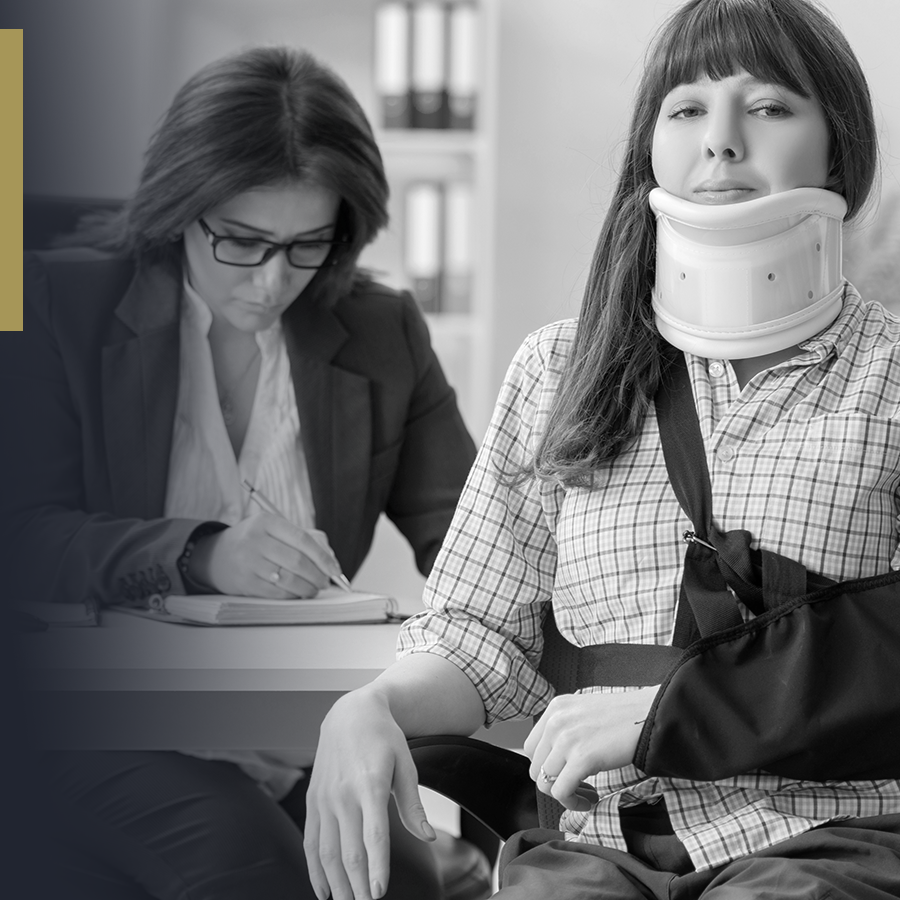
Will I Have to go to Trial for a Slip and Fall Case?
Your legal team will attempt to settle your case out of court before bringing it to trial, but this is not always possible.
Trials are typically more expensive and last longer than settlements, but it is sometimes impossible to reach an agreement with insurers. If the defendant’s insurer refuses to offer a settlement that will adequately reimburse you for your bills, your attorneys may recommend that your case go to trial.
Every slip and fall case is unique. The circumstances of your accident and severity of your injuries will help your team determine if going to trial is prudent.
If you do end-up going to court, your McDonough attorney can subpoena records, engage expert witnesses, and hire professional investigators. You will have an advocate before and during the trial.
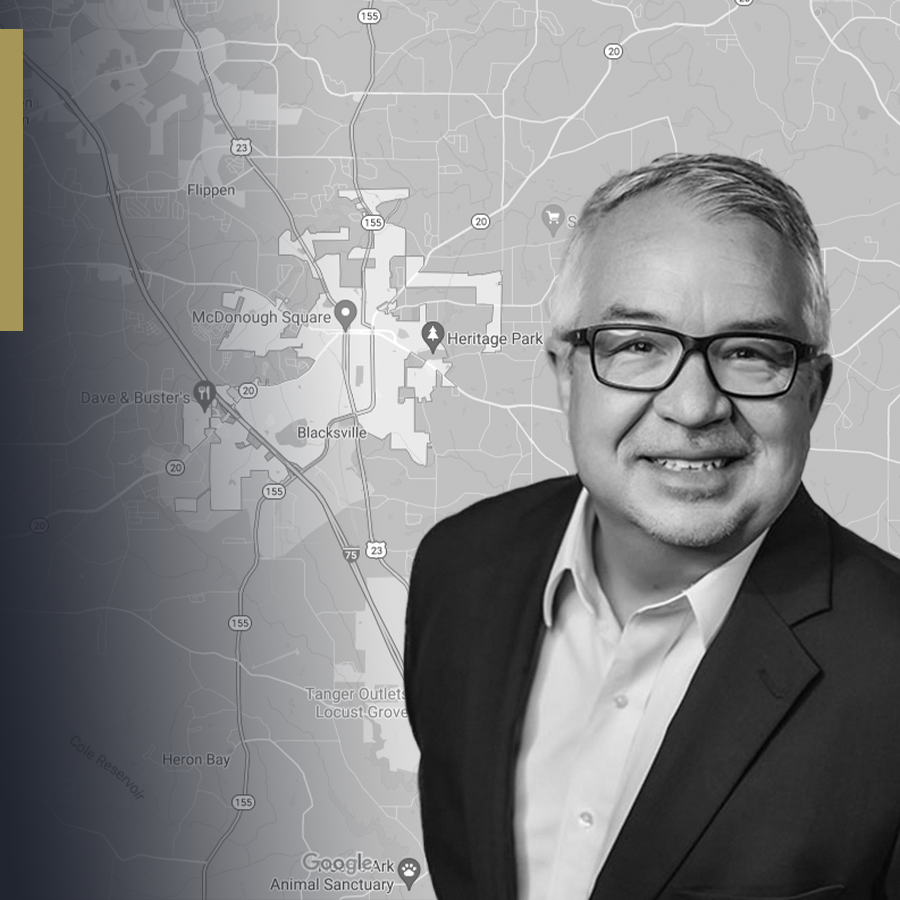
McDonough Personal Injury Attorney Near You
If you or someone you love was hurt in a slip and fall accident in Henry County, contact Scott Key & Associates right now.
Call our office right now to speak to an attorney at 678-610-6624. We will be with you every step of the process to get you the justice you deserve.

